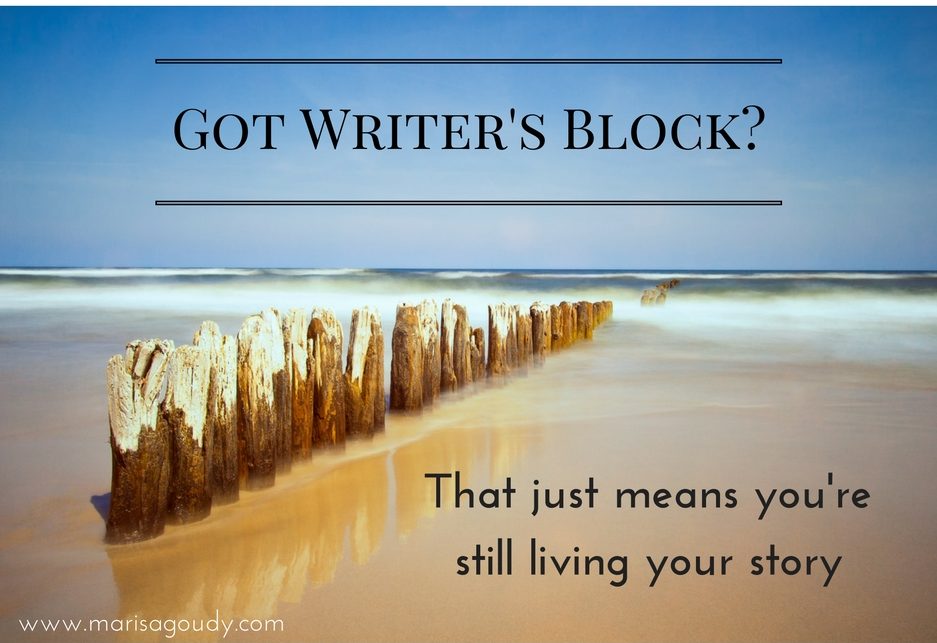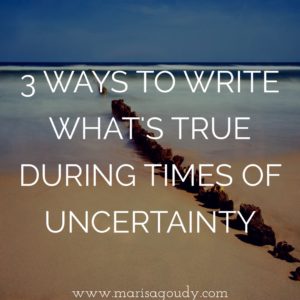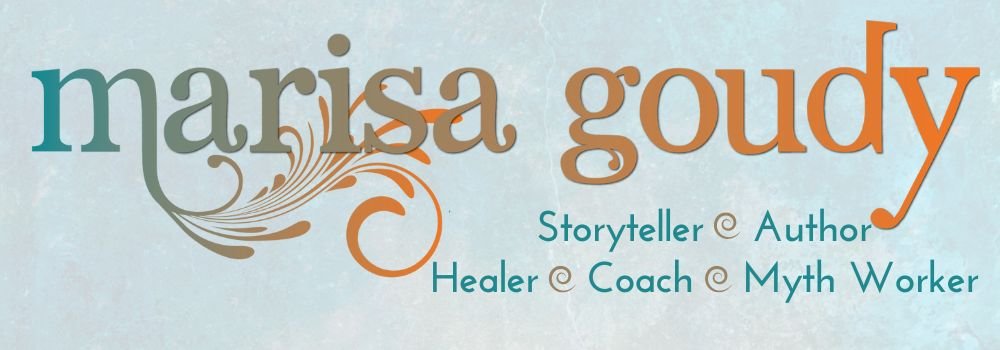 Someday, it might be fun to tell your grandkids that you had a front row seat for what will surely go down in history as one of the most infamous elections ever.
Since every person must tell the story from their own point of view, there will be hundreds of millions of versions of the 2016 presidential race, and they’ll only have one thing in common: each story will have a beginning, middle, and an end.
Someday, it might be fun to tell your grandkids that you had a front row seat for what will surely go down in history as one of the most infamous elections ever.
Since every person must tell the story from their own point of view, there will be hundreds of millions of versions of the 2016 presidential race, and they’ll only have one thing in common: each story will have a beginning, middle, and an end.
Eventually, you’ll have the perspective to understand when and how the story started (it probably wasn’t the day the winner announced his candidacy).
You’ll figure out the turning point (surprisingly, it wasn’t the day the Access Hollywood tape was released).
Already, some Americans can tell you the last line of the story: a 3 AM victory speech.
Others are still waiting to figure out how their story ends.
[tweetthis]If you have post-election writer's block it's because you're still living your story[/tweetthis]
How to be sure your 2016 election story isn’t finished yet
It's important to note that having an unfinished election story does not imply that you refuse to accept the results of the American democratic process or that you're into the whole #notmypresident thing. You could say it's more about the state of your heart than it is about making plans to move to Canada.
Here's a quick self-test to see if you're in the camp that's still waiting for an ending:
- If you have a love/hate relationship with the social media feeds and recognize that all these reactions are wrecking your health, but you still can’t look away, your story probably isn’t finished yet.
- If you’re someone who is trying to avoid all political material (except Joe Biden memes) and is focusing purely on videos of cats and puppies, then there's a decent chance your story isn’t finished yet. (And I’m really flattered you broke your own rules to read this!)
- And, if you’re someone who can’t turn journal entries or scattered notes into a complete article or blog post, your story definitely isn’t finished yet.
(Oh, and should you fit the unfinished story profile you probably appreciate pantsuits and the color blue, but that’s sort of a side issue at this point.)
Ultimately, you see the 2016 presidential race as something that’s about a lot more than the person who sits in the Oval Office. You understand that many of the the people you care about and work with can’t get back to life as usual in our post November 8th world.
You’re in touch with all of the feelings of shock, outrage, confusion, and emptiness that make you fantasize about taking to the streets or hiding under the bed. (And you probably vacillate between the two options in the space of a minute.)
But what about the persistent inner voice that says “you must write” (or podcast or try Facebook Live)?
A wise friend, a therapist and writer, who has been writing boldly into the most troublesome issues of the day kindly advised me to "give yourself a chance to wait until you regroup and heal."
My response? "Well, I guess I will be doing a lot of writing from the other side of the grave."
As a writing and storytelling coach for therapists, healers, and people in the transformation business, it’s my job to be two steps ahead. I’m here to support people who write to deepen self knowledge and publish content to support their practices. I show up online in order to model that process, but how on earth can I do that when I have no idea what I really think and I feel unqualified to offer guidance?
That sort of extra pressure only makes the writer’s block even more painful, of course.
But then, I remind myself that every honest person who has shared any insights over the last week owns the fact that they’re stumbling along unmarked paths with everyone else. Many have found a way to say… something. Few of these pieces feel complete or definitive, but that’s ok. Certainty is a lie when you don’t know the story’s real ending.
It’s enough to hold space like Dani Shapiro did, to own our disbelief and disorientation like Rob Bell did, or to apply timeless principles like Susan Piver did.
If it’s not a time for storytelling, it’s a time for story holding
What eases us through this time of confusion?
Stillness. Being aware of the mess. Feeling all the feelings. Kindness. Compassionate conversation.
We actually heal confusion by admitting that we’re mired in it and, as much as we hate to admit it, when we realize that confusion has a measure of power over us.
We collectively achieve clarity when we refuse to rush a story to a neat little ending before its time.
The good news? The wonderful news for therapists, healers, and transformation professionals? It’s your job to hold and keep safe the stories of others. Even if you’re a teacher and it often feels like you're called to perform and convey information, you’re also someone who witnesses and supports others’ growth.
The kind of work you do is about listening. It is the kind of work that asks you to respond to one person’s needs. It does not require you to fully articulate the new left wing agenda or how to reverse this new racism and misogyny sweeping America or how to decide if it's better to protest or pray.
Your work requires you to be articulate in long moments of silence and to hold space for clients going through their own dark nights, through their own stumbling confusion.
Your clients don't need to be guided to the end of their own election story. Your clients need you to help guide them back to themselves.
[tweetthis]In the #election aftermath, it might be better to be a story holder than a storyteller[/tweetthis]
And yet, it is always time for writing and self expression
Even as your work may call you to be fluent in the language of silence, please don’t silence yourself if the words are aching to come through.
I invite you to rely on your writing practice (as well as your meditation practice and other healing modalities that calm and unbind your soul) to find your way through your own confusion. And I invite you to heed the call to share those ideas when you trust the moment is right, when you trust that you must be heard.
 Here are 3 things I know as I write beside you through this time of uncertainty:
Here are 3 things I know as I write beside you through this time of uncertainty:
(And, yes, it's based on the Story Triangle that I use to help writers connect with their readers and their own truth. Click here to learn more. )
1. Self-focused first drafts are essential. Anne Lamott gave us permission to write “shitty first drafts.” By all means, feel free to write utter crap as long as it means you’re getting words on a page.
But please, please, please don’t allow yourself to write lousy versions of what someone else told you to think or what you assume the people want to hear from you. Write for yourself first in order to discover the truths within you.
2. Keep your audience in mind. What does your reader need from you? Why are you writing in this particular public forum? The territory you cover on a Medium post will likely be very different that the ideas you share on your business blog.
Know your platform and know its audience. When you get that SFD into the final draft, it needs to be re-crafted according to the needs of your reader. Do they need reassurance, do they need resources, do they need you to raise a ruckus, or do they need respite from all that election talk?
3. Remember that complete, compelling stories are everywhere, just waiting to be told. The great big election story is still being written as we see what a You Know Who presidency looks like, but there are countless little stories to be told along the way.
Even though many kids have taken the election results pretty hard (who else loves an elementary school kid who is still heart broken because we don't have a “girl president?), children are resilient. What stories are they living in the present moment?
Look for the ways that hope is being wrapped in a beginning, middle, and end. How are people uniting and taking positive action, despite the heavy November clouds?
Do you have stories that are begging to come through you? I can help hold space for you to tell them, support you as you clarify your ideas, and help you craft your words.
Set up a free 15 minute consultation to learn about how writing and story coaching can help you build your writing practice and your professional practice.




